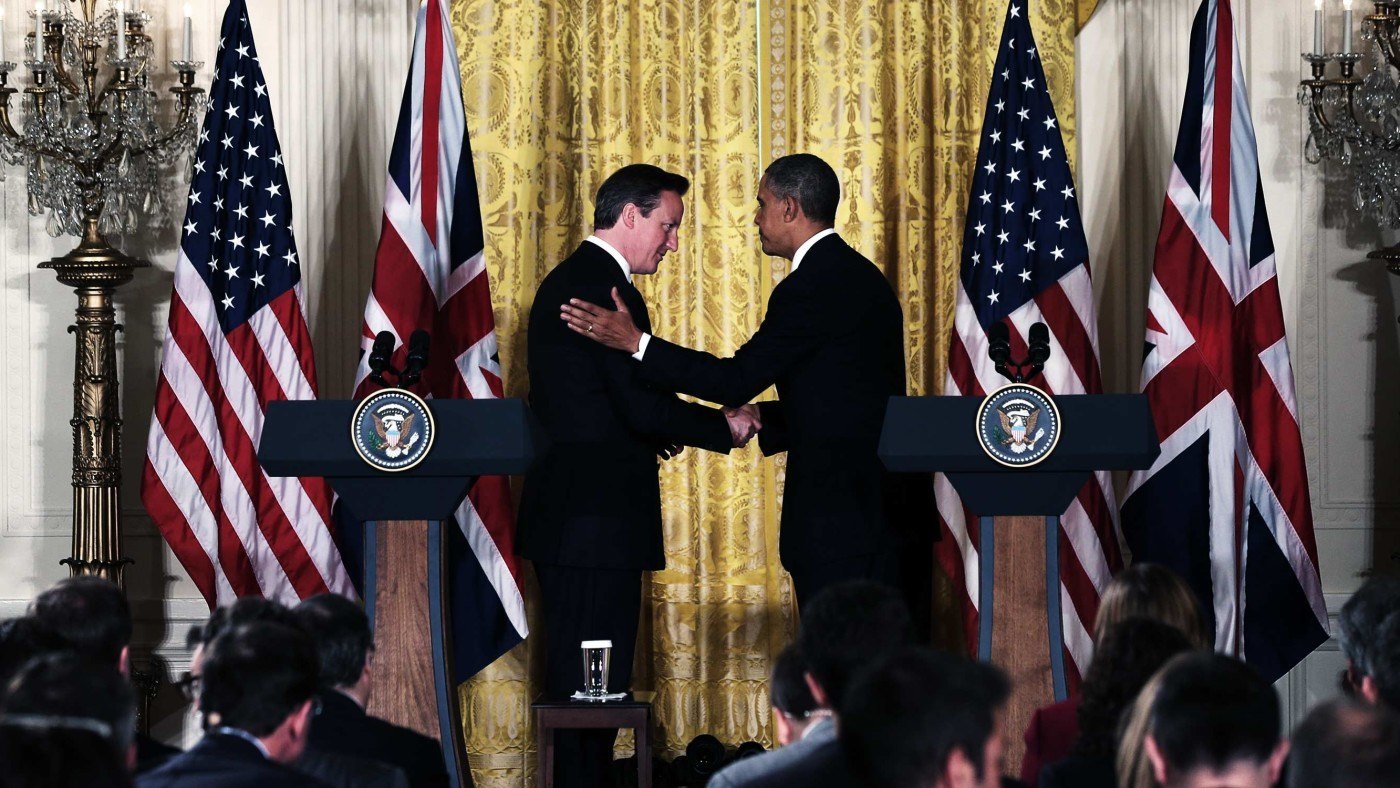I’ll let you into a secret. The Unionists were really, really worried in the run up to the Scottish referendum. Common sense and the polling suggested that enough Scots had quietly decided to vote No to independence that it would probably be alright on the night. But it was difficult in the tense final months not to fear that assumption was wrong, such was the clinical brilliance of the Yes campaign, with its consistent message and grassroots operation, not to mention the shameful porkies the leadership was prepared to tell the country about the economics of ending the UK. That fear of defeat, I suspect, explained why many Unionists were prepared to back the attempts of the Establishment to draft in the Queen, President Obama and senior civil servants to make pro-UK public statements.
I know that’s how I felt as a British pro-Union commentator. It was a constitutional emergency, or it felt like it to me. So at the time I supported these interventions on a needs must basis. But I was wrong, as I can see now that the boot is on the other foot and Obama is being drafted to oppose Brexit ahead of the EU referendum.
Ha, ha, ha (or worse) say the Scottish Nationalists, entirely with justification, although I wonder if they are now in favour of Obama intervening because he is on the Remain side, their side?
My realisation was prompted by reading remarks Lord Owen made at the Centre for Policy Studies this week. Owen is an Obama supporter, but he urged him to stay out of the Brexit battle. His explanation made sense. When Owen was Foreign Secretary in the late 1970s the sensible convention was that foreign leaders should not get involved, or even not be put in a position where they could be put at risk of involvement. Visits in an election year were out. Surely, he is right? Leaders of other countries should stay away before elections and referenda, and simply say it is a matter for the voters.
This is not to question the integrity of those Establishment figures who did make their views known in the Scottish referendum. It was a difficult judgment call at a dangerous moment. I also suspect the Governor of the Bank of England was and is in a different position as he has a duty to state the economic facts as he sees it.
But once this is over, it would be terrific if the Cabinet Secretary draws up some guidelines on this problem that avoids any future repeat of the Scottish situation where the Nats were infuriated with good reason, and the EU vote where sceptics have a similarly just concern.


